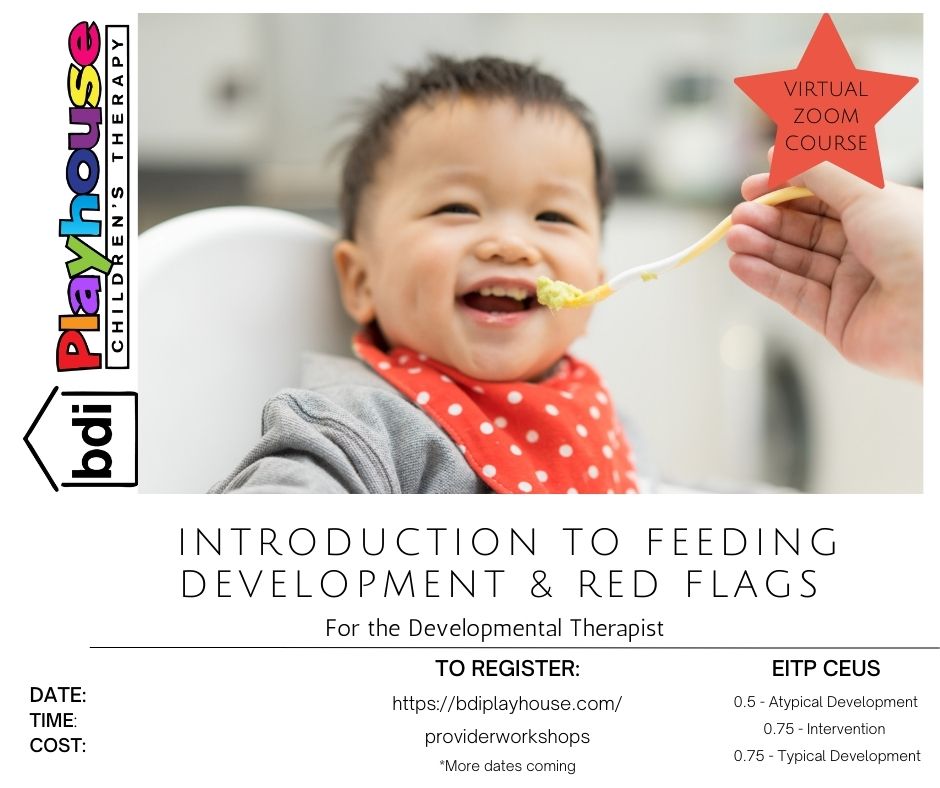Virtual
Virtual Therapy for Children
Using a virtual platform to reach families near and far. Our pediatric therapists are excellent at keeping children engaged and entertained while working toward their goals. We work closely with parents, caregivers and other team members—to set the child up for success at home, school, and in their community. Virtual services are available to families who reside in Illinois.
Virtual Visits
A virtual visit is available to all or PT, OT, and ST kiddos. Virtual visits allow your child to continue services if scheduling, weather and/or health conflict occurs. Virtual visits are intended for our “clinic” kiddos and can be set up as one time or as needed. The session can be set up. It opens longer communication between caregiver and treating therapist (child does not need to be at the screen the entire meeting) as well as allows Therapist to observe child in their home environment. Together with your clinician, you can adjust clinic and home education plan to more closely reflect your child’s life at home.
Developmental Screening (OT, PT, Speech)
A virtual developmental screening offers an opportunity for parents to ask questions and get answers from a licensed pediatric Occupational Therapist, Physical Therapist, or Speech Language Pathologist. If we don’t have the answers, we can offer direction and help you find the answers from reputable professionals that we trust.
Speech and Language Therapy
Telehealth Speech & Language Therapy is a convenient and effective treatment solution for common speech and language disorders in toddlers, children, teens, and young adults. Our SLPs provides professional treatment and support for you and your child!
Lactation Counseling & Infant Feeding Therapy
One-on-one in-person and virtual breast and bottle feeding lactation support services.
Oral Motor & Feeding Therapy
There is nothing more productive than feeding therapy at home in your child’s own kitchen with food and eating utensils at your fingertips! Children are more comfortable and there is no need to bridge the gap from the clinic to your home.
Teacher, Parent & Child Classes
BDI Playhouse therapists provide virtual presentations for preschool teachers and parents who are invested in expanding their knowledge about supporting and accommodating their children.

Why You’ll Love Virtual Visits
Parent Education
Use of telehealth allows for parents to be more candid with their descriptions of challenges throughout their day. Telehealth provides your therapist a real-life image of what a day can look like for your child. We also have increased time and opportunity to see and hear your specific questions and needs. Then we’ll help you apply strategies via live video to the location where you are noticing a challenge!
Equipment
Telehealth allows the therapist to see the environment in which your child spends most of their time. A peek at the surroundings through intervention via telehealth gives the therapist (and you as the parent!) more feasible and realistic strategies for therapy carry-over at home. You don’t need fancy swings and expensive games to progress development. We’ll help you find items already in your home that work just as well!
Home Modifications
When a therapist is able to see your child interacting with their favorite toys, playing in their favorite rooms, or going through their routine at home, we get a better understanding of what adjustments to the environment can be made to improve performance within each area.For example, your therapist might suggest moving a distracting item to the other side of the room, adding a step below your child’s feet at the table, or modifying the amount of light/sound in a room during specific tasks to increase success and independence within the home!
Home Exercise Programming
As a therapist, it is our job to give you ideas of how to “practice” skills at home, but we can much more accurately do this part of our job when we see the child’s home and abilities within the home. Giving your therapist a snapshot of your day via technology allows us to assign you more feasible activities to do within your existing home program.
Get Up & Move
Kids are not always great at occupying their own time. Therapy provided via telehealth can provide an opportunity for your child to get up and move within the home, as directed by their therapist. On slow or inactive days, a visit from your therapist via your screen may be the perfect way to stay active, occupied, and healthy!
Routine Management
Technology advancements now allow for your therapist to walk through a routine you and your child go through each day (getting dressed, packing up and going to school, teeth brushing, mealtime, etc.). With your therapist inside your screen, we can provide information/tips for how to more easily manage the routines that are causing you trouble, without getting in your way!
OT, PT, and Speech Therapy From The Comforts of Home
With telehealth intervention, your therapist can provide intervention without the stress of having to pack up the kids, drive to the clinic, unload the family, send off your kiddo and figure out how to entertain your other children for the hour. What a relief! You can get your child much-needed intervention without leaving your couch! How convenient is that?!
Virtual Speech and Language Therapy
- Apraxia
- Articulation
- Auditory Processing
- Executive Functioning
- Expressive and/or Receptive Language
- Phonological Disorder
- Reading Comprehension
- Social Language
Stuttering and Fluency issues
Birth – 3
- Parent coaching during playtime. Small changes a parent can incorporate into their every day routine to help their infant and toddler develop speech and language skills
3 years + older
- Direct intervention with parent/caregiver assistance dependent on child’s independence
A comprehensive list of areas addressed in virtual speech therapy



Virtual Lactation Counseling
- One-on-one virtual breast and bottle feeding lactation support services from the comfort of your own home.
- Meet with our Certified Lactation Counselor on YOUR time!
- Mom’s health and comfort
- Baby’s success on the breast/bottle
- Family support for mom & baby
- Preparing for and maximizing pumping
- Reflux, Spit-up, Vomiting Support
- Finding the perfect position and latch
Virtual Feeding Therapy
- Turn mealtime into positive experiences
- Increase oral motor strength and coordination
- Teach your child to tolerate, interact with, or eat foods of varying textures and consistencies
- Address cup, straw, and bottle drinking
- Utilize specialized techniques such as Beckman Oral Motor Approach, Food Chaining, Sequential Oral Sensory (SOS) Approach, & OMT
- Coach and provide resources to families so they can help your child overcome these mealtime obstacles
- Use family participation during session
- Work in your child’s natural environment
- Utilize food from your kitchen


Virtual Developmental Screening
- Gross Motor Movement (Walking, Crawling, Balance, Leg and trunk strength)
- Fine Motor Abilities
- Communication
- Social Emotional
- How your child plays and moves
- Visual Tracking
- Hand/Eye Coordination
- Sensory System
- Feeding Development
Virtual Classes & Presentations
Parent and Community Classes
- More Than Milk Club
- Breastfeeding Basics
Teacher/Caregiver Presentations
- Why Not Wait and See?
- Visual Processing Difficulties in the Classroom
- Using Visuals to Support Speech and Language Challenges in the Classroom
- Supporting Your Child’s Emotional Wellness and Capability
- Sensory
- Handwriting
- Falling Through the Cracks
- Beyond Behavior Blues



